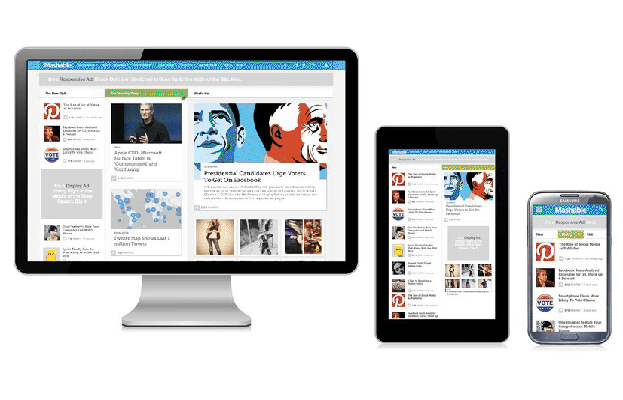
Newer trends adopted in the web are pointing at a radically new way that aims at enhancing the user experience. Some of these trends move away from the traditional concepts of web and follows a pattern that attracts users while also offering them more services in a quick and efficient manner. In fact, web pages are adopting new practices dictated by the upgrades of search engines to rank better in the results. Some of them like mobile optimization and faster page speed come only second to the most crucial factor such as a responsive web design.
Adhering to a responsive design is of utmost importance in order to improve the user experience as well as to rank better in the search engine results. In the point of view of SEO, adopting a responsive web design has immense possibilities. In fact, Google recently put forward the criteria that it will favor sites optimized for both mobile and web. This is important since a majority of the users have migrated to smartphones and tablets for accessing the internet. Below are a few reasons why responsive web design is crucial for SEO.
Enhanced Site Usability

Easy navigation in a website is crucial for the users to get along the pages and the information posted on it a short amount of time. The time on page is a key indicator used by Google to ascertain the value of a specific query. By adopting a responsive web design, users will find it much easier to navigate and find the specific information they are looking for quickly. This will enhance the user experience and the time on site thus leading to increased conversions.
Faster Page Loading
The loading time of a website is s critical ranking used by prominent search engines like Google. A web page having faster loading speed ranks better in search results and is preferred by users. With a responsive web design, a web page will attain faster loading speeds whether accessed from any platform, desktop or mobile. This can significantly enhance the user experience, thus leading to better rankings in the results.
Reduced Bounce Rate
Google keeps track of user behavior on a site particularly the time that they spent before leaving. A short time can indicate that the user is not satisfied with the information on the site. This can severely hamper the rankings of a site in the result pages. Adapting a responsive design will put emphasis on how the site elements are placed, which is an influential factor in attracting users and making it mobile friendly.


Leave a Reply